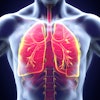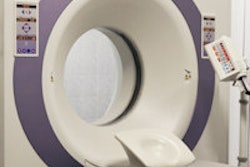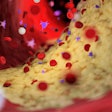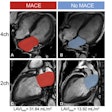Wednesday, December 3 | 3:00 p.m.-3:10 p.m. | SSM06-01 | Room S404CD
A group from Massachusetts General Hospital will highlight the potential for CT texture analysis to identify histological subtypes of non-small cell lung cancer.Lung cancer is the leading cause of cancer-related deaths, with mortality higher than combined mortality rates from prostate, colon, and pancreatic cancer in men, as well as breast, colon, and pancreatic cancer in women, according to presenter Dr. Roberto Lo Gullo.
In the past decade, the treatment approach to non-small cell lung cancer has changed; the focus now is on histology and mutations. Since there are new treatment options that provide targeted therapy, the researchers elected to focus on lung cancer in their project.
There would be "tremendous clinical implications" if it were possible to differentiate tumor histology and identify tumors with mutations, he said.
"Therefore, we analyzed the most common mutation [epidermal growth factor receptor (EGFR)], which has approved targeted therapy," Lo Gullo told AuntMinnie.com.
Using commercial texture analysis software (TexRad), the researchers discovered that the most helpful parameters of CT texture analysis were entropy, normalized standard deviation, and kurtosis.




















